Partys, Konzerte, Theater & Comedy, Kultur, Sport und vieles mehr.
 Hallo, ich bin Maya.
Hallo, ich bin Maya.Wie kann ich helfen?
 Mahlzeit! geschichten von den Tischen Europas
Mahlzeit! geschichten von den Tischen Europas Die Kaminer Show 2024
Die Kaminer Show 2024 Wladimir Kaminer - Mahlzeit! Geschichten von Europas Tischen
Wladimir Kaminer - Mahlzeit! Geschichten von Europas Tischen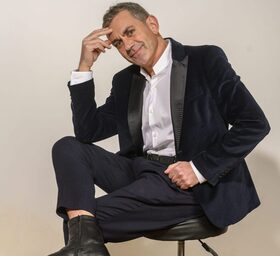 Wladimir Kaminer - Die Kaminer Show 24
Wladimir Kaminer - Die Kaminer Show 24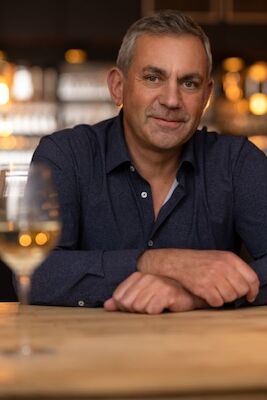 Die Kaminer Show 2024
Die Kaminer Show 2024 Mahlzeit! Geschichten von den Tischen Europas
Mahlzeit! Geschichten von den Tischen Europas Wladimir Kaminer - "Mahlzeit! Geschichten von Europas Tischen"
Wladimir Kaminer - "Mahlzeit! Geschichten von Europas Tischen"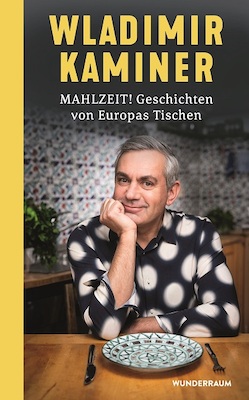 Wladimir Kaminer - Mahlzeit! Geschichten von Europas Tischen
Wladimir Kaminer - Mahlzeit! Geschichten von Europas Tischen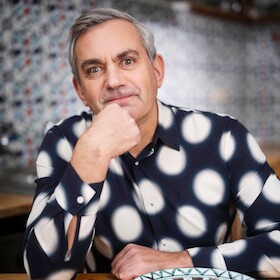 Wladimir Kaminer - Mahlzeit! Geschichten von Europas Tischen
Wladimir Kaminer - Mahlzeit! Geschichten von Europas Tischen Wladimir Kaminer - Mahlzeit! Geschichten von Europas Tischen
Wladimir Kaminer - Mahlzeit! Geschichten von Europas Tischen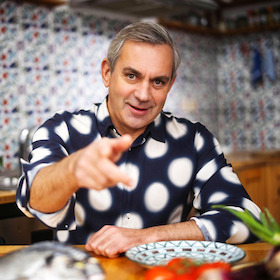 Wladimir Kaminer - Mahlzeit! - Geschichten von Europas Tischen
Wladimir Kaminer - Mahlzeit! - Geschichten von Europas Tischen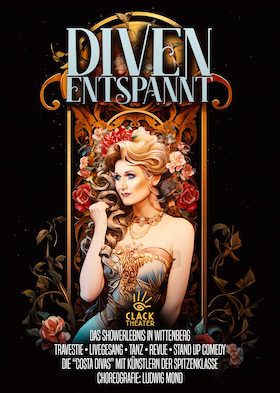 DIVENentspannt | Travestie • Revue • Livegesang • Tanz • Stand up Comedy
DIVENentspannt | Travestie • Revue • Livegesang • Tanz • Stand up Comedy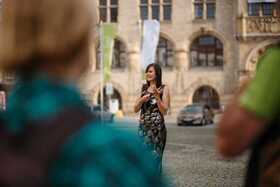 Stadtrundgang Dessau - Stadtrundgang Dessau
Stadtrundgang Dessau - Stadtrundgang Dessau "Ganz schön schnückelig" • Die große Frau Schnückel - Show
"Ganz schön schnückelig" • Die große Frau Schnückel - Show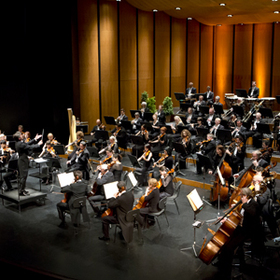 7. Sinfoniekonzert
7. Sinfoniekonzert Eröffnungskonzert
Eröffnungskonzert